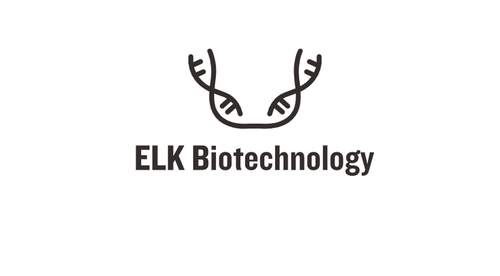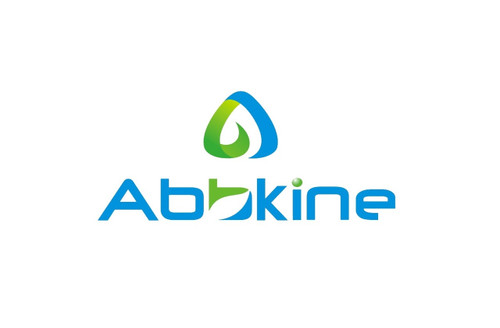Product Description
Rat Alpha-2-macroglobulin (A2M) ELISA Kit | AE22985RA | Abebio
Species Reactivity: Rat (Rattus norvegicus)
Abbreviation: A2M
Alternative Name: CPAMD5; DKFZp779B086; FWP007; S863-7;
Application: ELISA
Range: 12.5-800 ng/mL
Sensitivity: 5.9 ng/mL
Intra-Assay: ≤5.3%
Inter-Assay: ≤10.2%
Recovery: 0, 9
Sample Type: Serum, Plasma, Other biological fluids
Detection Method: Sandwich
Analysis Method : Quantitive
Test Principale: This assay employs a two-site sandwich ELISA to quantitate A2M in samples. An antibody specific for A2M has been pre-coated onto a microplate. Standards and samples are pipetted into the wells and anyA2M present is bound by the immobilized antibody. After removing any unbound substances, a biotin-conjugated antibody specific for A2M is added to the wells. After washing, Streptavidin conjugated Horseradish Peroxidase (HRP) is added to the wells. Following a wash to remove any unbound avidin-enzyme reagent, a substrate solution is added to the wells and color develops in proportion to the amount of A2M bound in the initial step. The color development is stopped and the intensity of the color is measured.
Product Overview: Alpha2-macroglobulin is a major serum protein with diverse functions, including inhibition of protease activity and binding of growth factors, cytokines, and disease factors. It is also a panproteinase inhibitor that is found immunohistochemically in neuritic plaques. Alpha-2-macroglobulin is able to inactivate an enormous variety of proteinases (including serine-, cysteine-, aspartic- and metalloproteinases) . Alpha-2-macroglobulin has in its structure a 35 aminoacid "bait" region. Proteinases binding and cleaving the bait region become bound to alpha2M. The proteinase-α2M complex is recognised by macrophage receptors and cleared from the system
Stability: The stability of ELISA kit is determined by the loss rate of activity. The loss rate of this kit is less than 5% within the expiration date under appropriate storage condition. The loss rate was determined by accelerated thermal degradation test. Keep the kit at 37°C for 4 and 7 days, and compare O.D.values of the kit kept at 37°C with that of at recommended temperature. (referring from China Biological Products Standard, which was calculated by the Arrhenius equation. For ELISA kit, 4 days storage at 37°C can be considered as 6 months at 2 - 8°C, which means 7 days at 37°C equaling 12 months at 2 - 8°C) .
 Euro
Euro
 USD
USD
 British Pound
British Pound
 NULL
NULL








